Mike’s Bikes exists somewhere between friendly neighborhood bike shop and national brand.
The company has a dozen stores scattered throughout the San Francisco Bay Area, employing more than 250 bike enthusiasts to help customers ride out of stores with a new set of wheels. Each spacious store offers a huge selection of bikes, apparel, and parts, while doubling as a repair shop.
Rarely does a customer purchase a bike without first giving it a test ride. And in order for them to test a bike, they have to fill out a waiver.
Originally, the waiver process looked like this: A customer filled out a paper waiver by hand, and the sales rep then let the customer test out a bike. After the customer left, the sales rep entered the information from the waiver into the computer to follow up with the customer later on if they were still deciding or had any questions.
This wasn’t working. The paper waivers were rarely entered into the system, and the company missed opportunities to follow up with potential customers.
So Mike’s Bikes switched gears to a system that worked for them. Enter Jotform and Trello.
An unconventional CRM integration
Today each store is equipped with a kiosk that has a Jotform-powered waiver form queued up.
The form includes dropdowns so the customer can quickly select the location and the employee who’s helping them. The customer enters their contact info, reads the liability information, and digitally enters their signature at the bottom of the form. Then all of the information that was just submitted through the form automatically creates a new card in the Mike’s Bikes Trello board.
Trello is most commonly used as a project management tool. But because of the unique nature of Mike’s Bikes sales process, it acts as the perfect CRM. Team members head into Trello to indicate that they followed up with a customer and move the card along the board.
The system has significantly improved in-store sales, while organizing customers’ waiver form responses.
Using Jotform anywhere
Demo events are a great way for Mike’s Bikes to get new customers on bikes. For instance, they’ll load up their branded van with mountain bikes and set up shop at trailheads, where customers would actually use those types of bikes.
This used to create a headache in terms of getting waivers. But now with Jotform Mobile Forms, staffers are able to get electronic signatures from riders using a phone or tablet. And with Jotform Mobile Forms’ offline capability, it even works when they’re at a remote trailhead with no data connection.
Conclusion
Mike’s Bikes employees have to wear many helmets in order to help customers, so they need flexible technology to manage their workload. Now they have a way to turn waiver form responses into sales leads using a pair of easy-to-use software tools that will propel them even as they grow their business and add new locations.
Does your business use Jotform and Trello? Do you always wear a helmet when you ride your bike? Tell us about your experience in the comments!
And if your organization would like to be featured in an upcoming Jotform case study video, fill out this case study request form.
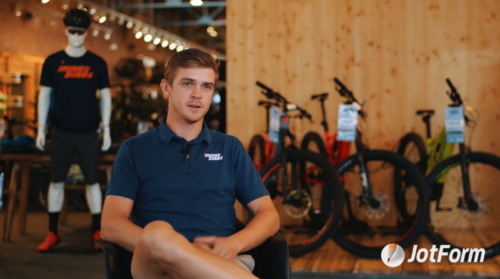


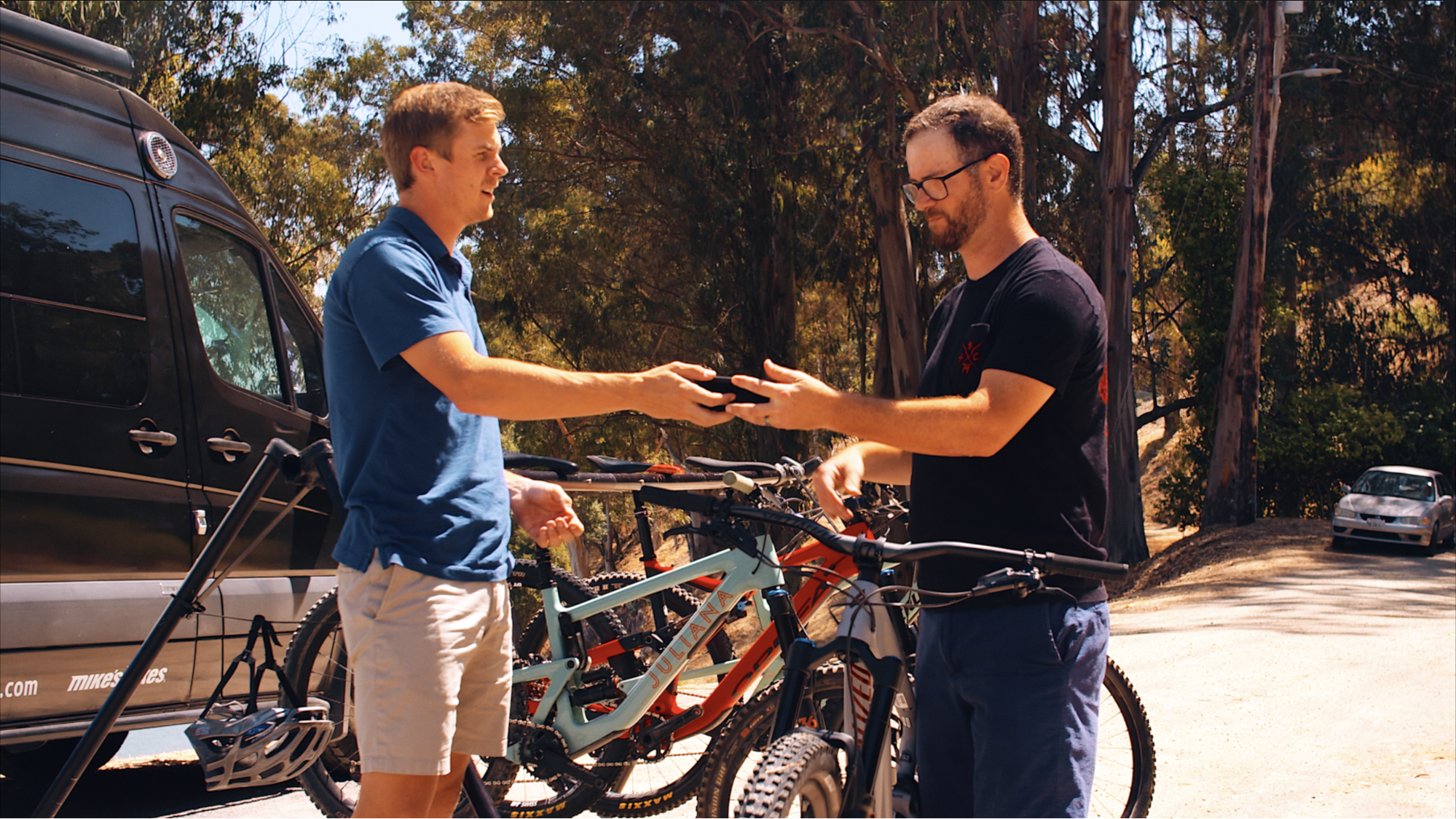
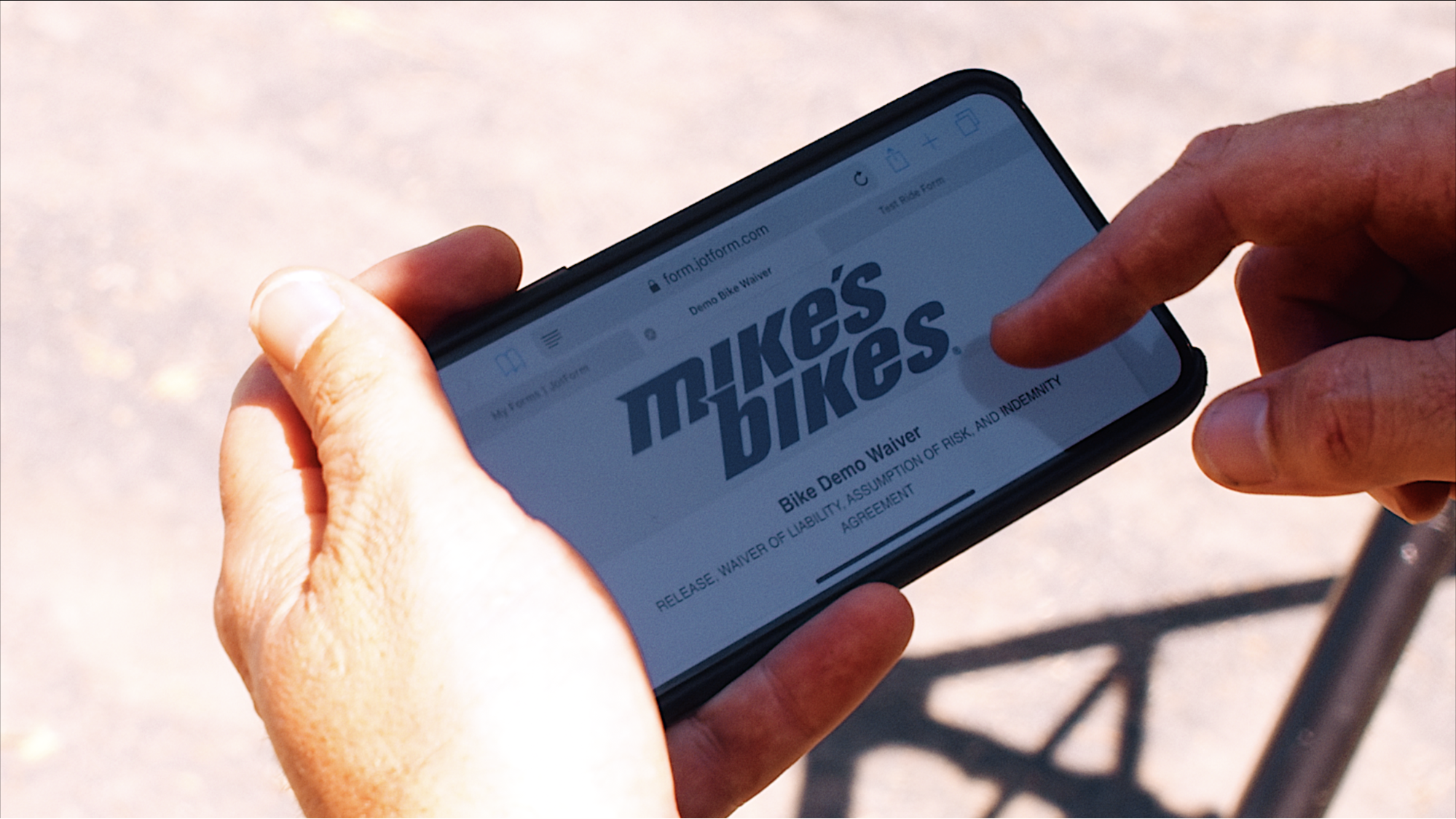
























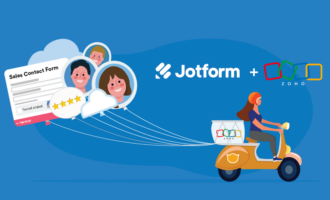



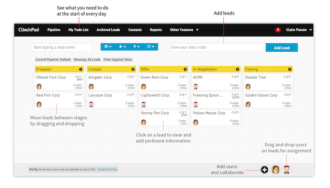




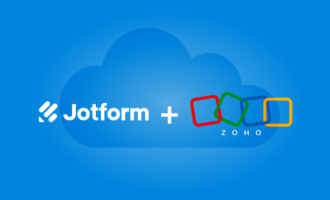






















Send Comment: